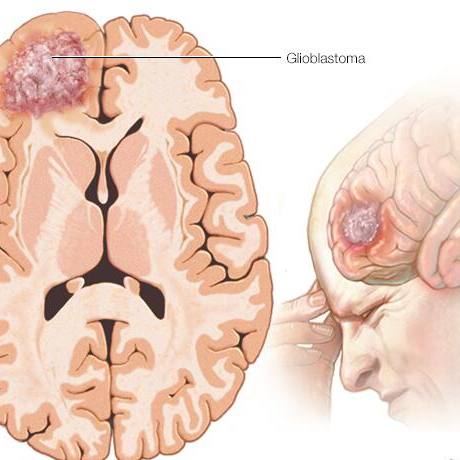
World Neuroendocrine Tumor Awareness Day (NET Cancer Day) will be observed on Wednesday, Nov. 10, which makes this a good time to learn more about this type of cancer.
Neuroendocrine tumors are cancers that begin in specialized cells called neuroendocrine cells, which have traits similar to those of nerve cells and hormone-producing cells.
Neuroendocrine tumors are rare and can occur anywhere in the body. Most neuroendocrine tumors occur in the lungs, appendix, small intestine, rectum and pancreas.
There are many types of neuroendocrine tumors. Some grow slowly, and some grow quickly. Some neuroendocrine tumors produce excess hormones. Others don't release hormones or don't release enough to cause symptoms. Types of neuroendocrine tumors include adrenal cancer, carcinoid tumors, Merkel cell carcinoma, pancreatic neuroendocrine tumors, paragangliomas and pheochromocytomas.
Treatment of neuroendocrine tumors depends on the type and location of the tumor, whether it produces excess hormones, how aggressive it is and whether it has spread to other parts of the body.
Learn more about the symptoms of neuroendocrine tumors and when you need to see a health care provider.
Connect with others living with neuroendocrine tumors in the Neuroendocrine Tumors (NETs) support group on Mayo Clinic Connect, an online patient community moderated by Mayo Clinic.







